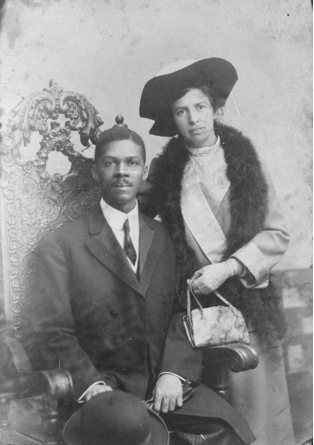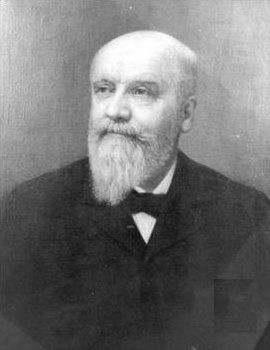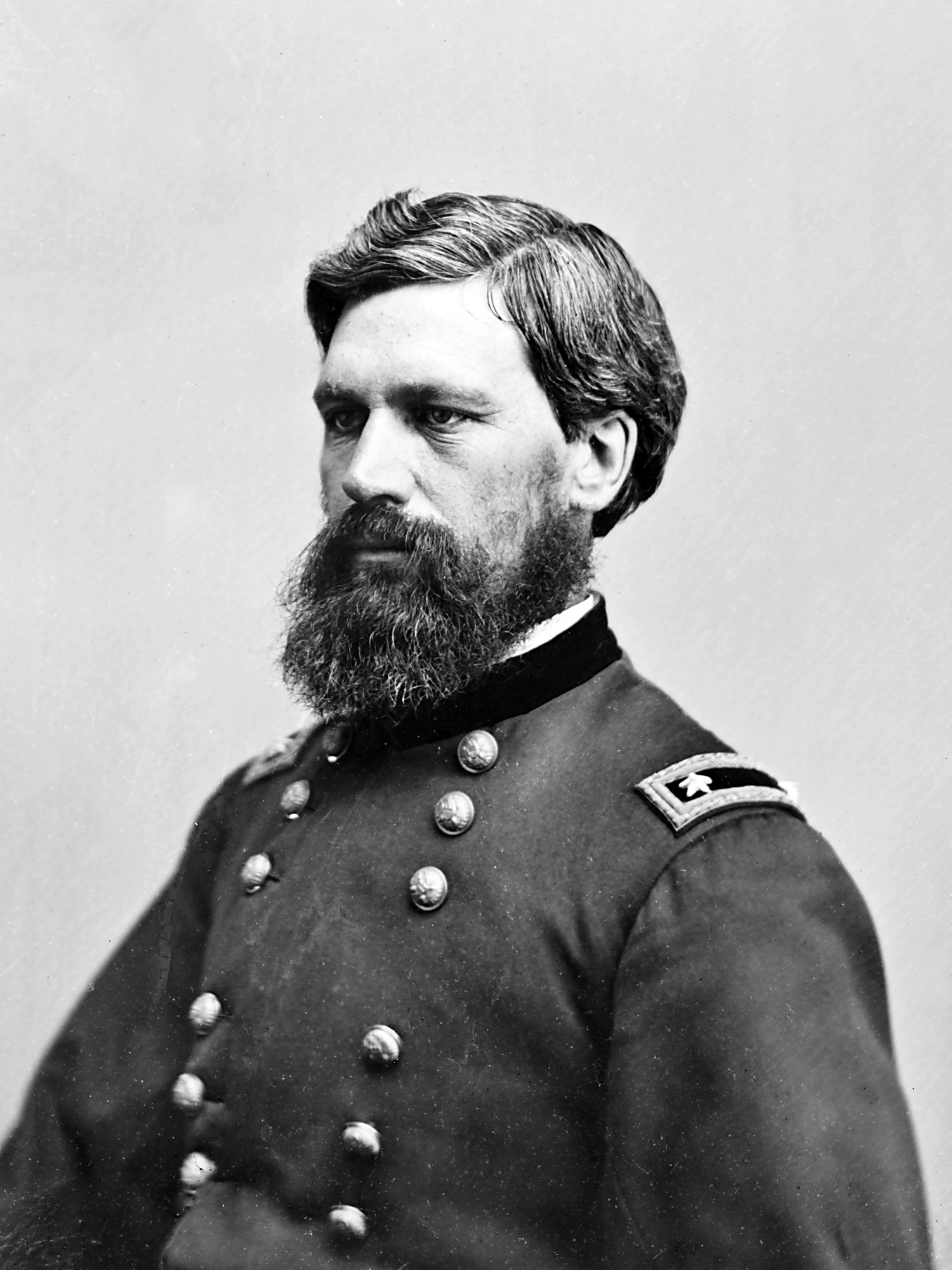|
Louis George Gregory
Louis George Gregory (June 6, 1874 – July 30, 1951) was a prominent American member of the Baháʼí Faith who was devoted to its expansion in the United States and elsewhere. He traveled especially in the South to spread his religion as well as advocating for racial unity. In 1922, he was the first African American elected to the nine-member National Spiritual Assembly of the United States and Canada. He was repeatedly re-elected to that position, leading a generation and more of followers. He also worked to prosyletize the faith to Central and South America. Gregory was among the elite group of educated African American leaders whom W. E. Du Bois referred to as "the talented tenth." Gregory was posthumously appointed by Shoghi Effendi in 1951 as a Hand of the Cause, the highest appointed rank in the Baháʼí Faith. Early years Early life Louis George was born in Charleston, South Carolina, on June 6, 1874, the second son of Ebenezer F. and Mary Elizabeth George. Bot ... [...More Info...] [...Related Items...] OR: [Wikipedia] [Google] [Baidu] |
Fisk University
Fisk University is a Private university, private Historically black colleges and universities, historically black Liberal arts colleges in the United States, liberal arts college in Nashville, Tennessee. It was founded in 1866 and its campus is a historic district listed on the National Register of Historic Places. In 1930, Fisk became the first historically black institution to gain Higher education accreditation in the United States, accreditation by the Southern Association of Colleges and Schools (SACS). Fisk is the oldest institution for higher education in Nashville. History Founding Fisk Free Colored School opened on January 9, 1866, during the Reconstruction era shortly after the end of the Civil War. It was founded by John Ogden (academic), John Ogden, Erastus Milo Cravath, and Edward Parmelee Smith of the American Missionary Association for the education of Freedman, freedmen in Nashville. Fisk was one of several schools and colleges that the Association help ... [...More Info...] [...Related Items...] OR: [Wikipedia] [Google] [Baidu] |
Avery Institute
The Avery Research Center for African American History and Culture is a division of the College of Charleston library system. The center is located on the site of the former Avery Normal Institute in the Harleston village district at 125 Bull Street in Charleston, South Carolina. This historic secondary school trained Black students for professional careers and leadership roles, and served as a hub for Charleston’s African-American community from 1865 to 1954.Drago, Edmund L.(2006). ''Charleston's Avery Center: From Education and Civil Rights to Preserving the African American Experience'', The History Press. In 1978, the alumni of the Avery Normal Institute, led by Lucille Whipper, formed the Avery Institute of Afro-American History and Culture. They worked with the College of Charleston to establish the Avery Research Center in 1985 to preserve the legacy of the Avery Normal Institute and educate the broader community about the history and culture of African Americans in Char ... [...More Info...] [...Related Items...] OR: [Wikipedia] [Google] [Baidu] |
Bethel Literary And Historical Society
The Bethel Literary and Historical Society was an organization founded in 1881 by African Methodist Episcopal Church Bishop Daniel Payne and continued at least until 1915. It represented a highly significant development in African-American society in Washington, D.C. Most of its early members were members of the Metropolitan AME Church where its meetings were held, while maintaining an open invitation for black Washingtonians from across the city. It immediately developed into the preeminent debating society and forum for racial issues in Washington, D.C. The prospect of a separation of schools for black children was heatedly debated in 1881–82 as were the ideas of Booker T. Washington and W. E. B. Du Bois in 1903. It was one of the stops of ʻAbdu'l-Bahá's journeys to the West. The society's presentations attracted a wide swath of speakers: Frederick Douglass ("The Philosophy and History of Reform"), Mary Ann Shadd ("Heroes of the Anti-Slavery Struggles"), Mary Church Terrell ... [...More Info...] [...Related Items...] OR: [Wikipedia] [Google] [Baidu] |
Niagara Movement
The Niagara Movement (NM) was a civil rights organization founded in 1905 by a group of activists—many of whom were among the vanguard of African-American lawyers in the United States—led by W. E. B. Du Bois and William Monroe Trotter. The Niagara Movement was organized to oppose racial segregation and disenfranchisement. Its members felt the policy of accommodation and conciliation, without voting rights, promoted by Booker T. Washington, was "unmanly." It was named for the "mighty current" of change the group wanted to effect and took Niagara Falls as its symbol. The group did not meet in Niagara Falls, New York, but planned its first conference for nearby Buffalo during the week of July 9, 1905. To avoid a possible racist protest, Du Bois instead hired a small hotel across the border in Fort Erie, Ontario, Canada. The Niagara Movement was the immediate predecessor of the NAACP. Background During the Reconstruction Era that followed the American Civil War, African Americ ... [...More Info...] [...Related Items...] OR: [Wikipedia] [Google] [Baidu] |
Booker T
Booker T or Booker T. may refer to * Booker T. Washington (1856–1915), African American political leader at the turn of the 20th century ** List of things named after Booker T. Washington, some nicknamed "Booker T." * Booker T. Jones (born 1944), American musician and frontman of Booker T. and the M.G.'s ** Booker T. & the M.G.'s, American band * Booker T (wrestler) (Booker T. Huffman Jr., born 1965), American professional wrestler * Booker T. Bradshaw (1940–2003), American record producer, film and TV actor, and executive * Booker T. Laury (1914–1995), American boogie-woogie and blues pianist * Booker T. Spicely (1909–1944) victim of a racist murder in North Carolina, United States * Booker T. Whatley (1915–2005) agricultural professor at Tuskegee University * Booker T. Washington White (1909–1977), American Delta blues guitarist and singer known as Bukka White * Booker T. Boffin, pseudonym of Thomas Dolby on Def Leppard's album ''Pyromania'' * "Booker T" ... [...More Info...] [...Related Items...] OR: [Wikipedia] [Google] [Baidu] |
United States Department Of The Treasury
The Department of the Treasury (USDT) is the Treasury, national treasury and finance department of the federal government of the United States. It is one of 15 current United States federal executive departments, U.S. government departments. The department oversees the Bureau of Engraving and Printing and the United States Mint, U.S. Mint, two federal agencies responsible for printing all paper currency and minting United States coinage, coins. The treasury executes Currency in circulation, currency circulation in the domestic fiscal system, Tax collector, collects all taxation in the United States, federal taxes through the Internal Revenue Service, manages United States Treasury security, U.S. government debt instruments, Bank regulation#Licensing and supervision, licenses and supervises banks and Savings and loan association, thrift institutions, and advises the Federal government of the United States#Legislative branch, legislative and Federal government of the United Stat ... [...More Info...] [...Related Items...] OR: [Wikipedia] [Google] [Baidu] |
Graduate School
Postgraduate education, graduate education, or graduate school consists of academic or professional degrees, certificates, diplomas, or other qualifications usually pursued by post-secondary students who have earned an undergraduate (bachelor's) degree. The organization and structure of postgraduate education varies in different countries, as well as in different institutions within countries. The term "graduate school" or "grad school" is typically used in North America, while "postgraduate" is more common in the rest of the English-speaking world. Graduate degrees can include master's and doctoral degrees, and other qualifications such as graduate diplomas, certificates and professional degrees. A distinction is typically made between graduate schools (where courses of study vary in the degree to which they provide training for a particular profession) and professional schools, which can include medical school, law school, business school, and other institutions of ... [...More Info...] [...Related Items...] OR: [Wikipedia] [Google] [Baidu] |
Howard University
Howard University is a private, historically black, federally chartered research university in Washington, D.C., United States. It is classified among "R1: Doctoral Universities – Very high research activity" and accredited by the Middle States Commission on Higher Education. Established in 1867, Howard is a nonsectarian institution located in the Shaw neighborhood. It offers undergraduate, graduate, and professional degrees in more than 120 programs. History 19th century Shortly after the end of the American Civil War, members of the First Congregational Society of Washington considered establishing a theological seminary for the education of black clergymen. Within a few weeks, the project expanded to include a provision for establishing a university. Within two years, the university consisted of the colleges of liberal arts and medicine. The new institution was named for General Oliver Otis Howard, a Civil War hero who was both the founder of the university an ... [...More Info...] [...Related Items...] OR: [Wikipedia] [Google] [Baidu] |
Nashville, Tennessee
Nashville, often known as Music City, is the capital and List of municipalities in Tennessee, most populous city in the U.S. state of Tennessee. It is the county seat, seat of Davidson County, Tennessee, Davidson County in Middle Tennessee, located on the Cumberland River. Nashville had a population of 689,447 at the 2020 United States census, 2020 census, making it the List of United States cities by population, 21st-most populous city in the United States and the fourth-most populous city in Southeastern United States, the Southeast. The city is the center of the Nashville metropolitan area, home to 2.1 million people, and is among the fastest growing cities in the nation. Named for Francis Nash, a general of the Continental Army during the American Revolutionary War, the city was founded in 1779 when this territory was still considered part of North Carolina. The city grew quickly due to its strategic location as a port on the Cumberland River and, in the 19th century, a railr ... [...More Info...] [...Related Items...] OR: [Wikipedia] [Google] [Baidu] |
Logan Circle, Washington, D
Logan may refer to: Places * Mount Logan (other) Australia * Logan (Queensland electoral district), an electoral district in the Queensland Legislative Assembly * Logan, Victoria, small locality near St. Arnaud * Logan City, local government area in Queensland ** Shire of Logan, predecessor to Logan City * Logan Lagoon, Flinders Island, Tasmania * Logan River, river flowing into Moreton Bay, Queensland * Logan Village, Queensland, a town and locality within Logan City, Queensland Canada * Mount Logan, Canada's highest mountain * Logan (Manitoba electoral district), former electoral district in the Canadian province of Manitoba * Logan Lake, a district municipality in the Southern Interior of British Columbia United Kingdom * Logan Botanic Garden, Wigtownshire, Scotland * Logan, East Ayrshire, Scotland United States * Logan, Alabama * Logan, Arkansas * Logan, Edgar County, Illinois * Logan Square, Chicago, Illinois * Logan, Dearborn County, Indiana * Logan, ... [...More Info...] [...Related Items...] OR: [Wikipedia] [Google] [Baidu] |
Anti-miscegenation Laws In The United States
In the United States, many U.S. states historically had anti-miscegenation laws which prohibited interracial marriage and, in some states, interracial sexual relations. Some of these laws predated the establishment of the United States, and some dated to the later 17th or early 18th century, a century or more after the complete racialization of slavery. Nine states never enacted anti-miscegenation laws, and 25 states had repealed their laws by 1967. In that year, the U.S. Supreme Court ruled in '' Loving v. Virginia'' that such laws are unconstitutional under the Fourteenth Amendment to the U.S. Constitution. The term miscegenation was first used in 1863, during the American Civil War, by journalists to discredit the abolitionist movement by stirring up debate over the prospect of interracial marriage after the abolition of slavery. Typically defining mixed-race marriages or sexual relations as a felony, these laws also prohibited the issuance of marriage licenses and the ... [...More Info...] [...Related Items...] OR: [Wikipedia] [Google] [Baidu] |






